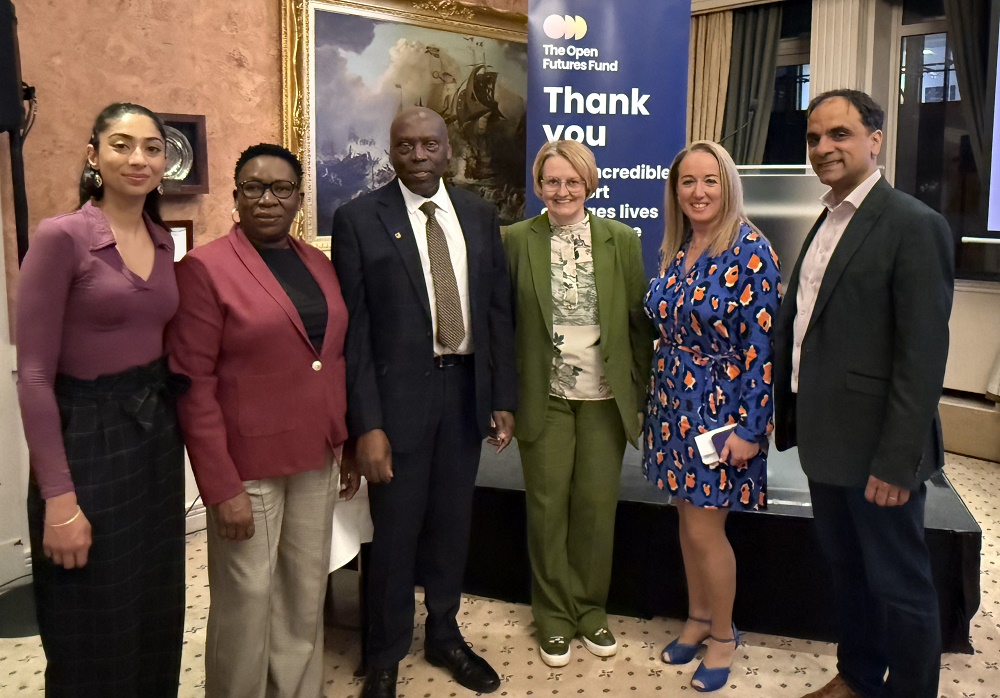A leadership programme to support global majority leaders within the voluntary and community sectors has been launched by the Open University (OU) and funder the Henry Smith Charity.
The programme involves the OU’s centre for voluntary sector leadership and its business school’s centres of research, which supports the sector.
Launching this month it will see “six learning hubs” created in Glasgow, Belfast, Cardiff, Liverpool, Bristol and London and involve 55 leadership trainees.
Henry Smith Charity is supporting the programme with £200,000, which has already seen the launch of a pilot scheme last year in Manchester, which involved support from The Prince’s Trust, Autotrader and Manchester Airport Group.
The programme “will enable even more individuals to engage in social practices leading to impactful change to improve their communities’ exclusion or disadvantage” says the OU and the funder.
Programme leader and OY senior lecturer Dr Fidèle Mutwarasibo said: “We know that by connecting individuals into a network of powerful Minority Ethnic leadership learners, we can build communities of learning capable of achieving genuine change regarding the issues and challenges with which the voluntary sector is grappling.”
Henry Smith Charity chief executive Anand Shukla added that “this programme is very important” as global majority leaders “are really under-represented in the voluntary and community sector”.
“We’ve set up this partnership with The Open University to tackle these barriers head on and to create a pipeline of talent to come into these roles and give them the knowledge, skills and confidence to be able to thrive,” Shukla added.
Research published earlier this year by consultancy Eastside People and membership body ACEVO found that one in four charities (23%) have no one from Black, Asian or other global majority communities represented across their senior executive leadership team or board.
Lack of global majority representation at senior executive leadership team level is particularly stark, this research found.
Seven in ten charities do not have any global majority senior executives, while a third do not have any global majority trustees.
Latest News
-
Paying fundraisers a commission can harm their wellbeing, think tank warns
-
Regulator finds misconduct at late-filing private Catholic school
-
Monday movers - 2 February
-
Tactics of most successful event fundraisers revealed
-
Leadership diaries: From open-top buses to boardrooms
-
Number of late filing charities increases by 51% in a year
Charity Times video Q&A: In conversation with Hilda Hayo, CEO of Dementia UK
Charity Times editor, Lauren Weymouth, is joined by Dementia UK CEO, Hilda Hayo to discuss why the charity receives such high workplace satisfaction results, what a positive working culture looks like and the importance of lived experience among staff. The pair talk about challenges facing the charity, the impact felt by the pandemic and how it's striving to overcome obstacles and continue to be a highly impactful organisation for anybody affected by dementia.
Charity Times Awards 2023
Mitigating risk and reducing claims

The cost-of-living crisis is impacting charities in a number of ways, including the risks they take. Endsleigh Insurance’s* senior risk management consultant Scott Crichton joins Charity Times to discuss the ramifications of prioritising certain types of risk over others, the financial implications risk can have if not managed properly, and tips for charities to help manage those risks.
* Coming soon… Howden, the new name for Endsleigh.
* Coming soon… Howden, the new name for Endsleigh.
Better Society

© 2021 Perspective Publishing Privacy & Cookies



.jpg)








Recent Stories